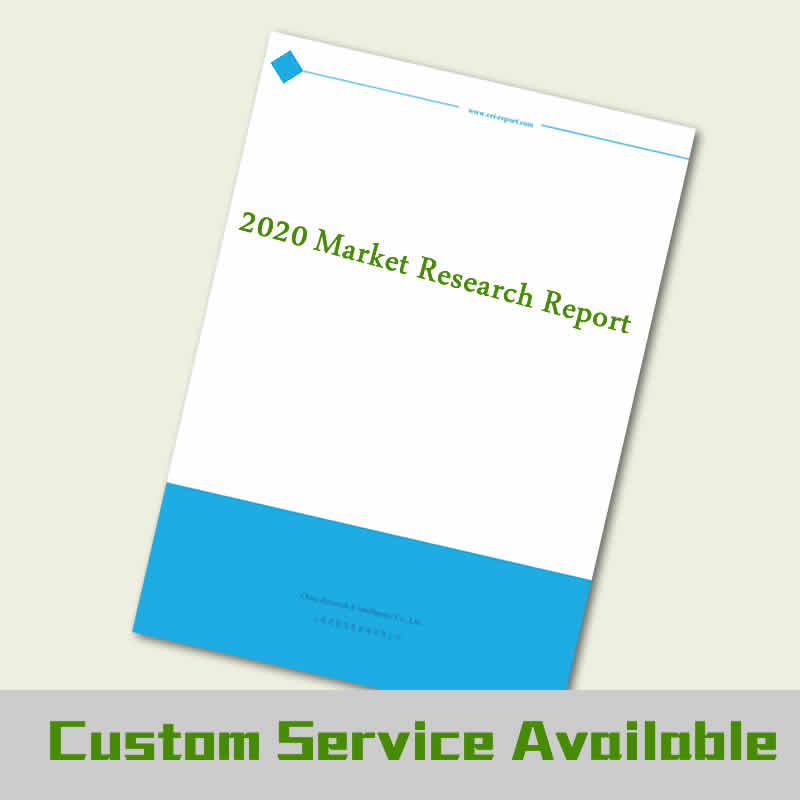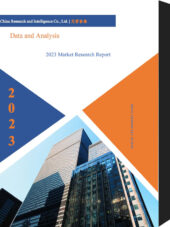Description
The e-commerce market in India was valued at INR 4,947.60 Bn in 2019 and is expected to reach INR 8,641.10 Bn by 2025, expanding at a compound annual growth rate (CAGR) of ~14.42% during the 2020–2025 period. Affordable smartphones, increased penetration of the internet, and effective payment channels such as mobile wallets, coupled with streamlined logistics infrastructure are the key factors propelling the growth of the e-commerce market. The Indian government leverages e-commerce digital platforms to transform and organize traditional offline markets.
Market segment insights:
Based on product categories, the e-commerce market can be segmented into online travel, retail, financial services, matrimony and classified, and other services.
In 2019, the online travel segment held the largest market share (~44.88%), followed by the retail, financial, other services, and matrimonial and classified segments. Improved air and rail connectivity between tier I and tier II cities has increased domestic travel bookings, primarily through online platforms. However, in the wake of the pandemic, countries across the world have been compelled to close their international borders; domestic and international flights were canceled to curb the spread of the virus. Online travel aggregators reported no business in the first quarter of FY 2021. After travel restrictions were eased and economic activities picked up pace, e-travel aggregators began focusing on domestic offering such as ‘staycations’ and ‘workcations’. This is expected to compensate for the losses in the travel business.
By 2025, the online retail segment is expected to dominate the e-commerce market and reach a value of INR 3,083.22 Bn, expanding at a CAGR of ~7.50%. The segment is being driven by the increased penetration of Internet-enabled devices, ease of online shopping, innovative payment options, cashbacks, and discounts, as well as the rapidly evolving needs of customers.
COVID-19 impact assessment:
The pandemic and the subsequent lockdown have dealt a severe blow to the e-commerce market. However, the market is likely to bounce back, following an initial loss, since there are significant long-term growth opportunities in all its business segments. Since March 22, 2020, the e-commerce industry in the country has been experiencing disruption and incurred losses of more than INR 27.67 Bn in a week. The sector has been affected on the demand and supply sides due to a halt in all the economic activities. Online shopping experienced a setback due to the restrictions on physical movement and the shutdown of businesses, thus severely impacting the supply chain. About 8% of the modern retail trade could function since the sale of non-essential goods was prohibited across the country. Therefore, there had been a steady decline in the sale of FMCGs. However, the e-grocery segment has experienced rapid development amid the pandemic. Moreover, the personal hygiene and care segment may experience steady growth; it accounts for ~4.5% of the total GMV of the e-commerce platforms.
Competitive insights:
E-commerce companies are incorporating various technologies such as voice recognition, virtual and augmented reality (VR and AR), fintech, artificial intelligence (AI) and machine learning (ML) to attract customers and compete with other players. Companies such as Amazon, Flipkart, Goibibo, Ola, Zomato and Ixigo have incorporated voice assistants for assisting customers with their queries, thereby improving customers’ satisfaction. E-commerce companies have also incorporated fintech-based payment platforms such as PayPal, Apple Pay, Google Pay, and Amazon Pay to offer secure and efficient online payment methods to consumers.
Companies covered
• Infibeam Avenues Ltd.
• Info Edge (India) Ltd.
• Thomas Cook (India) Ltd.
• BigTree Entertainment Pvt. Ltd.
• Flipkart Internet Pvt. Ltd.
• Jasper Infotech Pvt. Ltd.
• MakeMyTrip (India) Pvt. Ltd.
• One97 Communications Ltd.
• People Interactive (India) Pvt. Ltd.
• Amazon India Ltd.



